
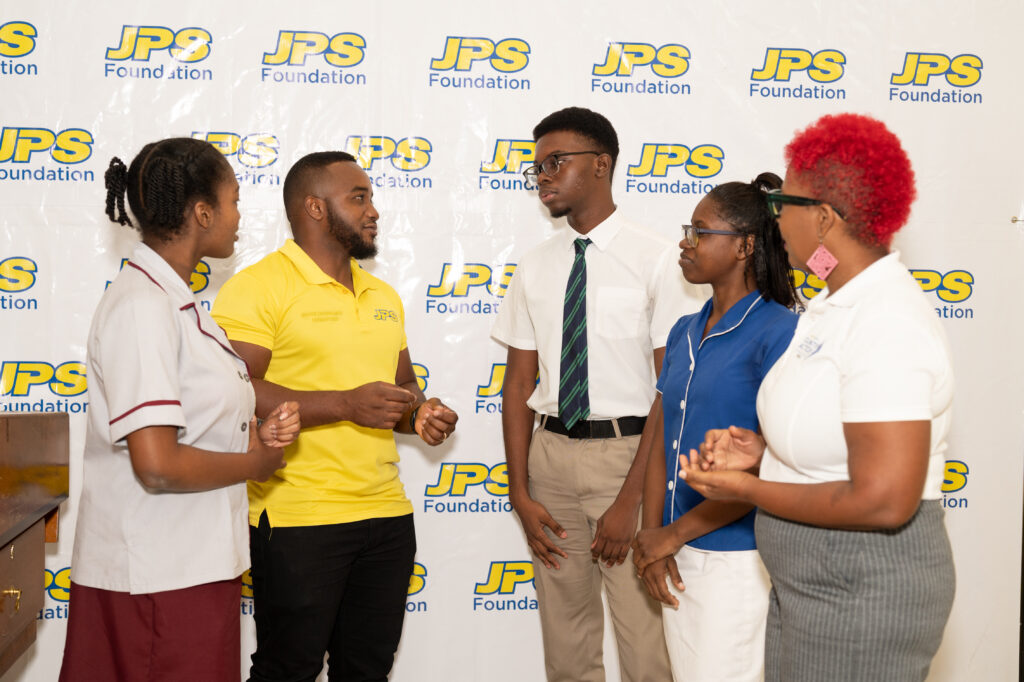
JPS specialist engineer Vashwan Burnett is encouraging sixth-formers to think beyond perfecting solo academic studies if they want to make great first impressions on their future employers.
“Organisations are not just looking for persons who are brilliant, they are looking for persons who are balanced, good corporate citizens, so you should balance both school with [joining] a club, or a society so you are more rounded,” Burnett offered as a value proposition to scores of secondary students during his recent presentation at a weeklong science, technology, engineering and mathematics (STEM)-focused workshop series, jointly hosted by the JPS Foundation and the University of the West Indies (UWI), Mona.
As students from Meadowbrook, Immaculate Conception and St. Andrew High Schools attentively listened in a UWI-lecture theatre at the Faculty of Science and Technology, he continued: “Some people might get straight A’s and you might get a B, but if you are president of a club or part of numerous clubs, this gives you an edge. So, while you are studying, don’t forget these clubs and societies, they play a very important part.”
Speaking from his experiential life as a Caribbean Maritime University (CMU) industrial engineering graduate, Burnett told the prospective tertiary students, “my next piece of advice to you is don’t forget the power of collaboration with your friends. STEM is very difficult and you can benefit from that diverse mindset from your friends around you”.
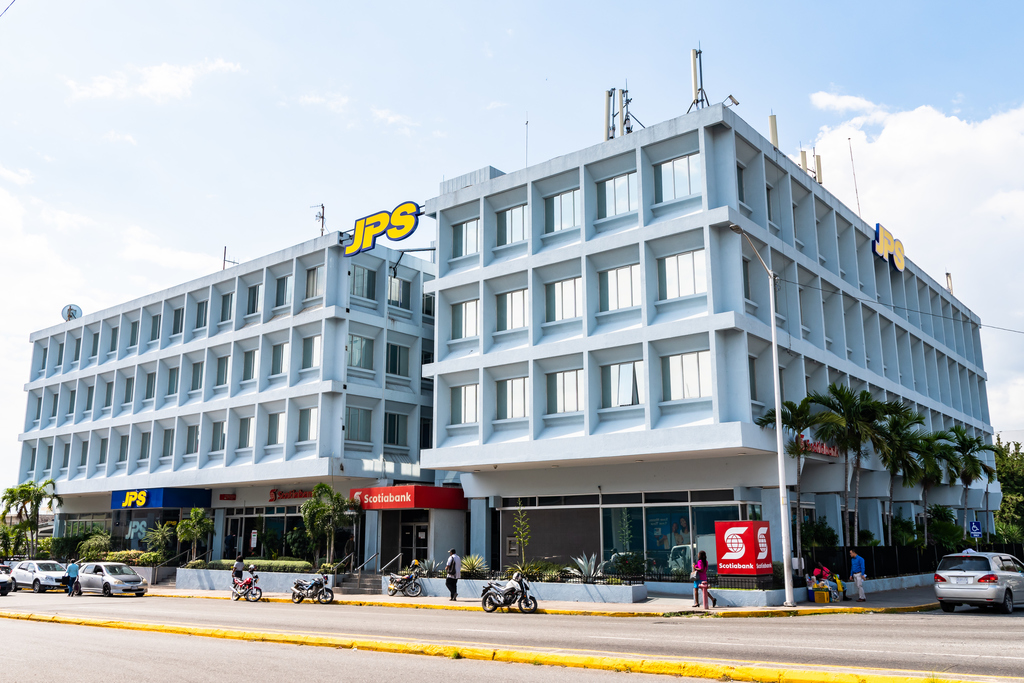
He urged the students to form study groups with friends. “You might not know something but a member of the team might know it. Everyone can get A and first class as well, that’s my mindset.”
“So just form groups and look out for each other. While you are there because you are good at math, one of your friends is good at physics, the next person is good at chemistry….when you form that group, you experience that diversity, you have that group now where that person can teach you physics, you can teach them math, and that other person can teach you chemistry. It will be beneficial in the long run, because no one knows everything, and as we all know, STEM requires a lot of critical thinking..”
The workshops, which included Burnett’s presentation, emerged from the Foundation signing a $16 million, five-year Memorandum of Understanding in 2023 with UWI, Mona. The Foundation provides support for annual workshops, which commenced with the first cohort of students last year preparing to sit CAPE STEM subjects in biology, chemistry, physics, computer science, geography and maths. The workshops are designed to strengthen the performance of students pursuing the targeted subjects and facilitate a reduction in the workshop price to students, from potentially $5,000 to $1,500. The price will be fixed at $1,500 for the next five years. The CAPE workshops will allow high school students to access UWI labs, improve their knowledge base, and improve their preparation to sit the exams. This year marks the second year of the MOU.
A staunch advocate of STEM, Burnett championed its employability assets to the teenagers in the room, noting that his job at JPS which includes oversight for generation expansion, planning and performance, is a direct result of his active pursuit in the professional area.
“I want you to know you are in the best field ever. Persons might say it’s difficult now, but in the future, you realise that your choices are indeed the best choices because STEM is the core and foundation … and it’s also the future as well because there is no future without STEM.”
Hailing from humble beginnings in the Spring Garden, Stony Gut community in St. Thomas, the now 31-year-old JPS engineer grew up with his great-grandmother in a household that had no electricity due to financial constraints.
“While I was there we never had any [light]…I would say I moved into a house with its own electricity in 2010 when I relocated to live with my aunt in White Horses, St. Thomas,” he shared in a post-presentation interview.
An alum of Morant Bay High, upon graduation from CMU in 2015, Burnett was offered a one-year internship at JPS, and nine months in, presented with a permanent position as a plant engineer.
“Fast forward to now, and last year, I was promoted to specialist engineer, which is one of the highest level of engineers within the organisation,” he proudly shared. “I love the variety of tasks that come with my role, as it keeps me learning and growing. I love contributing to the development of our nation’s energy sector through my power system planning duties.”
Post-CMU, the energy company expert completed a two-year training course in power systems engineering with Siemens Power Company and is now pursuing a Masters in Business Administration in general management.
Lower sixth-form students Leon Smith of Meadowbrook High and Nea Hall of Immaculate Conception High were both moved by Burnett’s inspirational discourse. For 18-year-old Smith, who is interested in studying architectural or software engineering at the tertiary level, he said: “The part I liked most about his presentation was that he encouraged us to stick to the path we chose and to socialise with other people. I liked that he spoke about his background because he was not as fortunate as other people and that resonated with me because I am less fortunate as well. I am from the Marverley community, and the area is very violent. Usually, you see kids running around during school hours and doing all sorts of things, so that can sometimes make you feel like an outcast if you are sticking to what you want to learn and do.”
Meanwhile, Hall, who wants to study biochemistry at UWI and sees a need to design more medical machines to monitor heart rates, reflected: “I was genuinely interested in Mr Burnett’s presentation as it was very relevant to me because he stressed the need to be involved in extracurricular activities. For a very long time I did not prioritise that, and now I have joined the chess club at my school and the robotics club.”
The JPS Foundation-funded workshops are but one of a number of initiatives carried out by the Foundation, as it supports education. Other initiatives include grants to students sitting the Caribbean Secondary Examination Council (CSEC) Electrical and Electrical Technology Exam; the JPS Foundation Power Up scholarships, which support primary to tertiary students; and the JPS Foundation Community Power Up Programme, which helps give school leavers a second chance to develop marketable skills in the energy and business space.

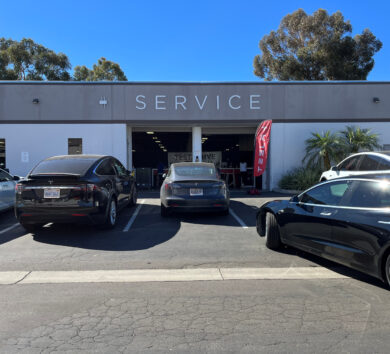


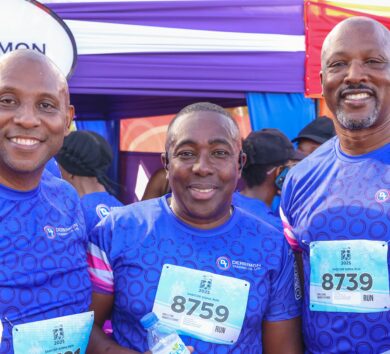
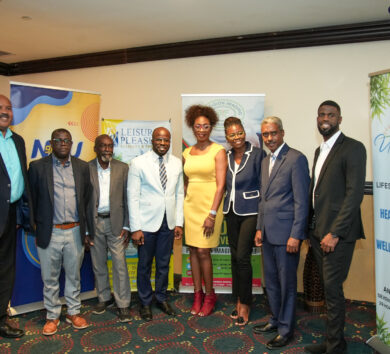

Comments